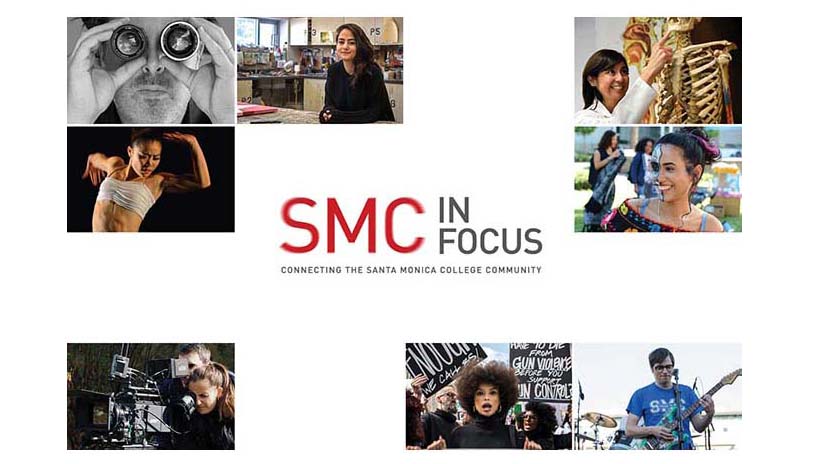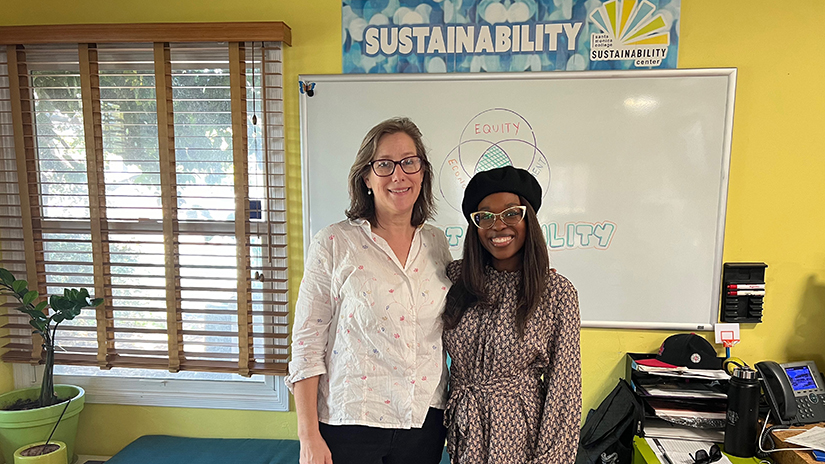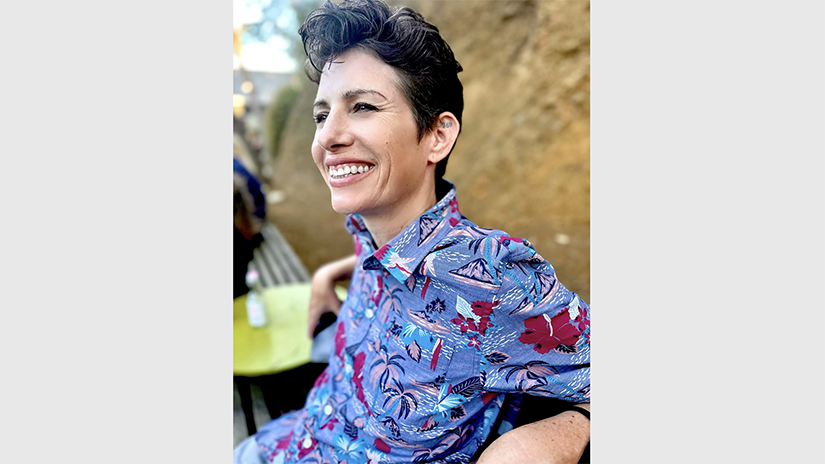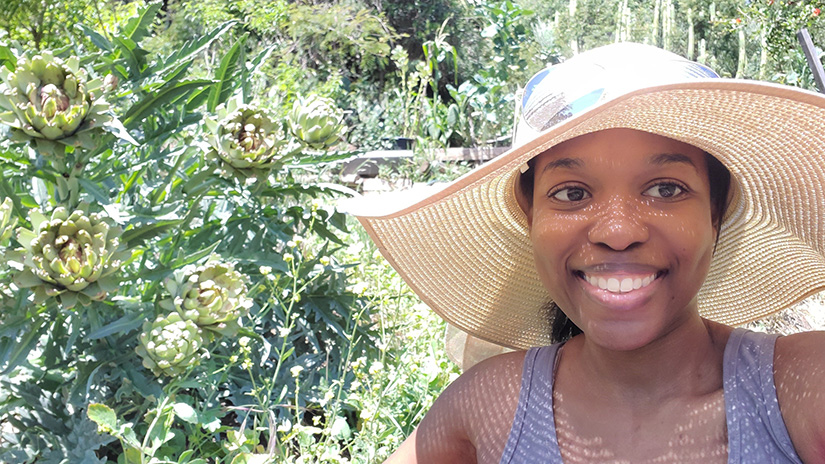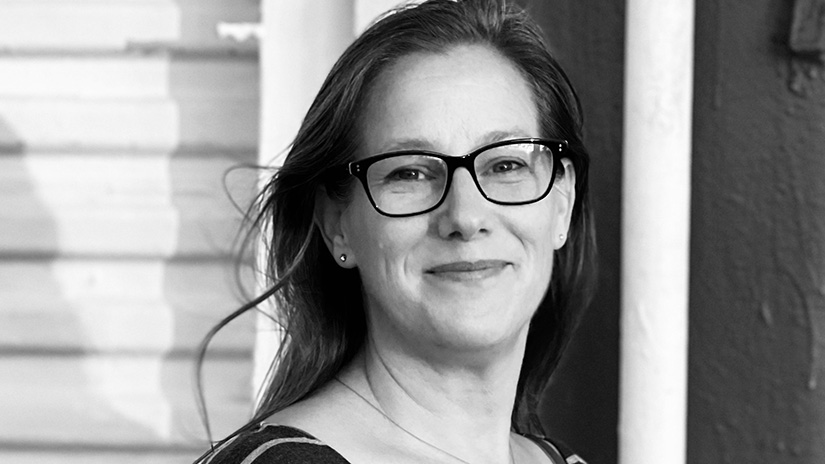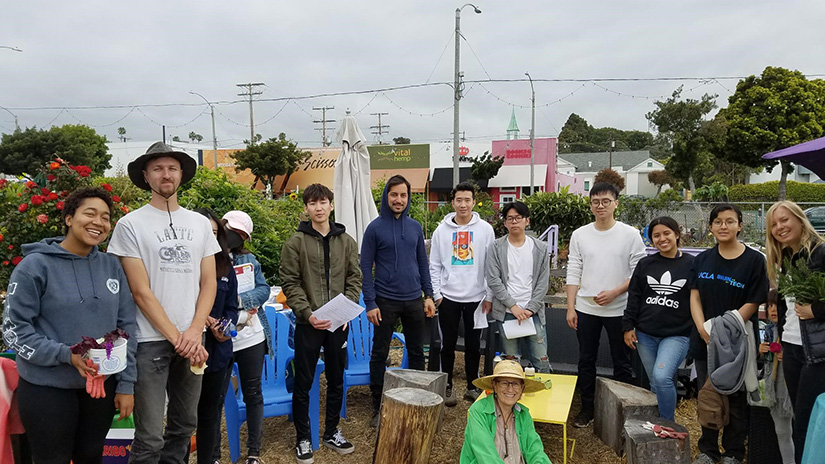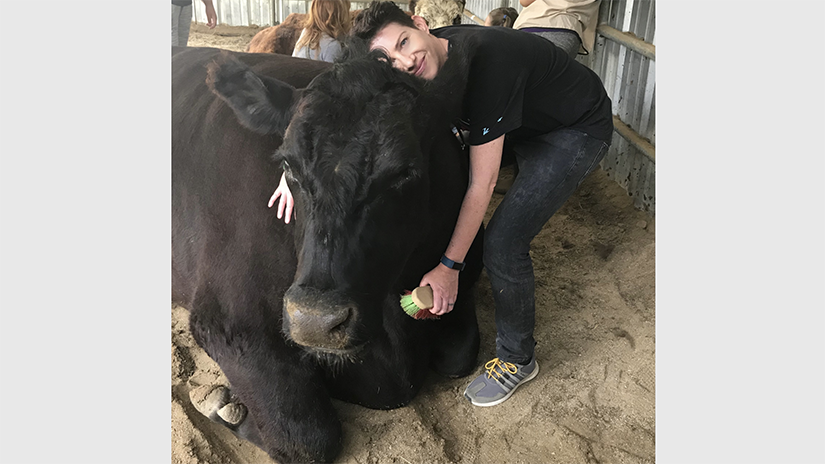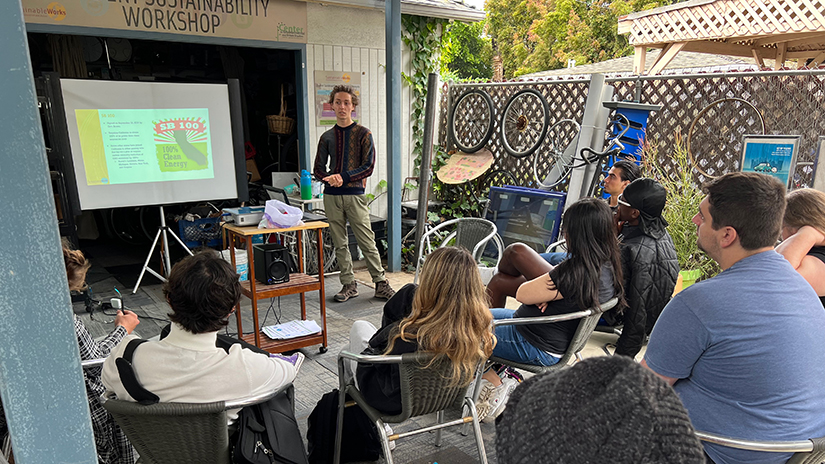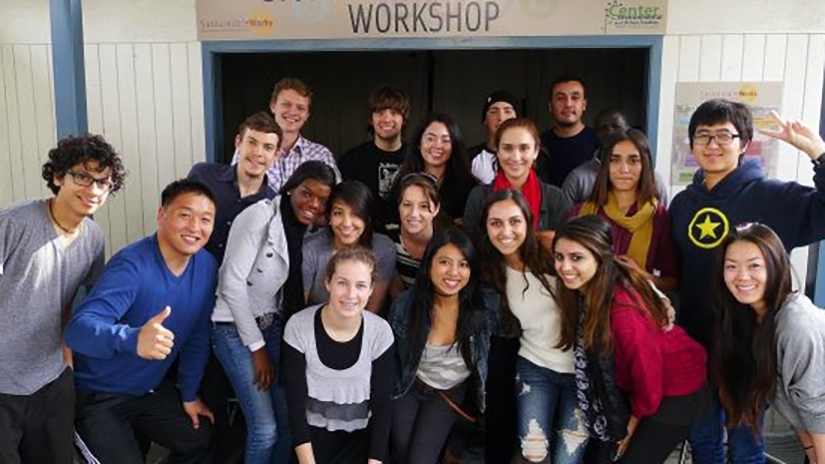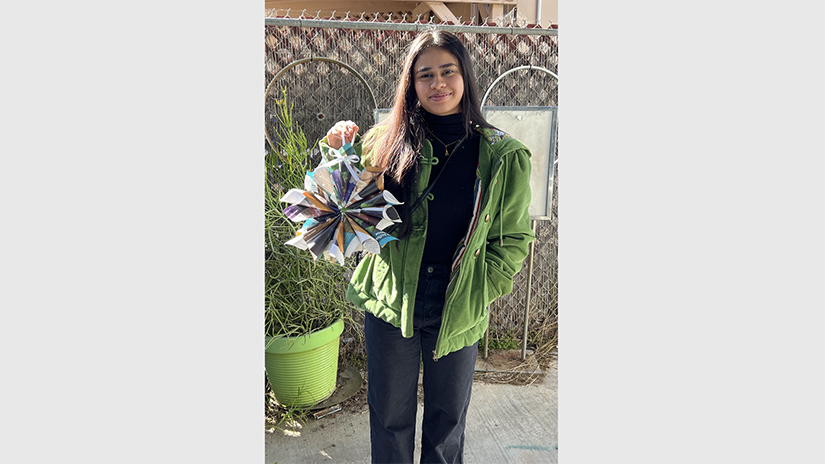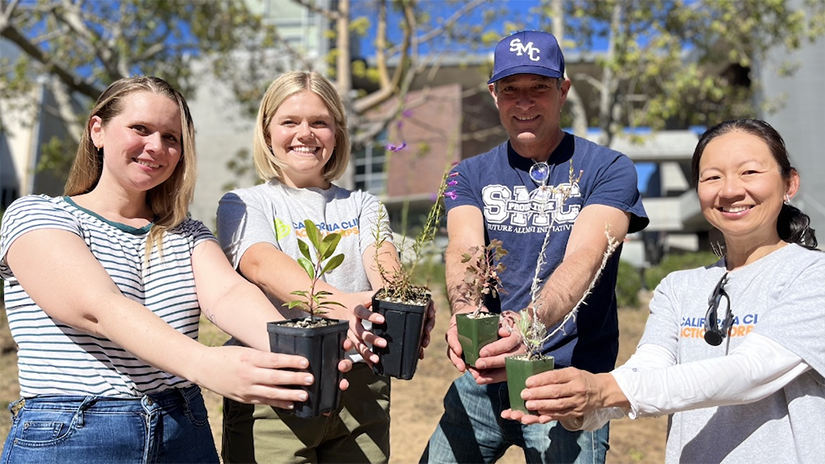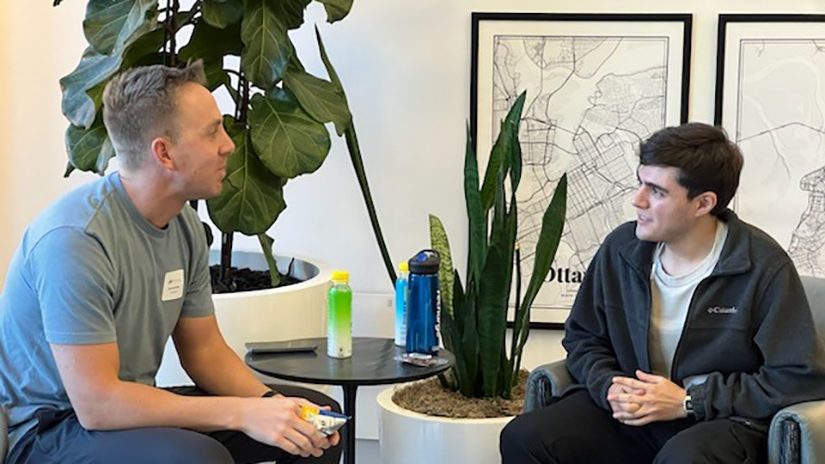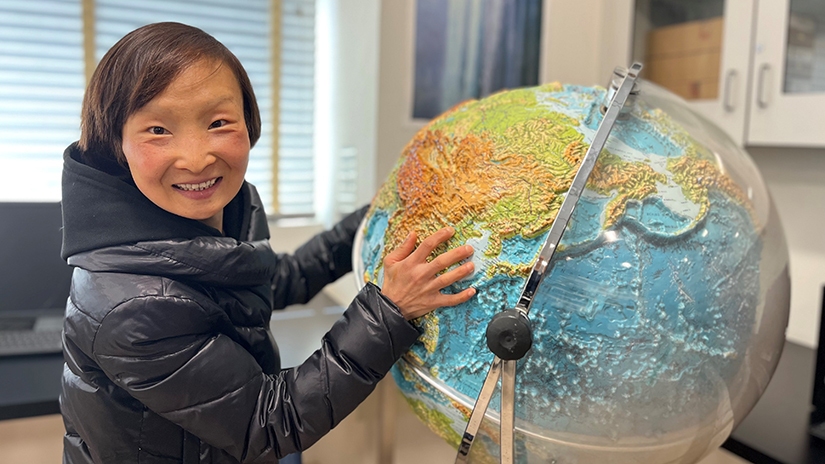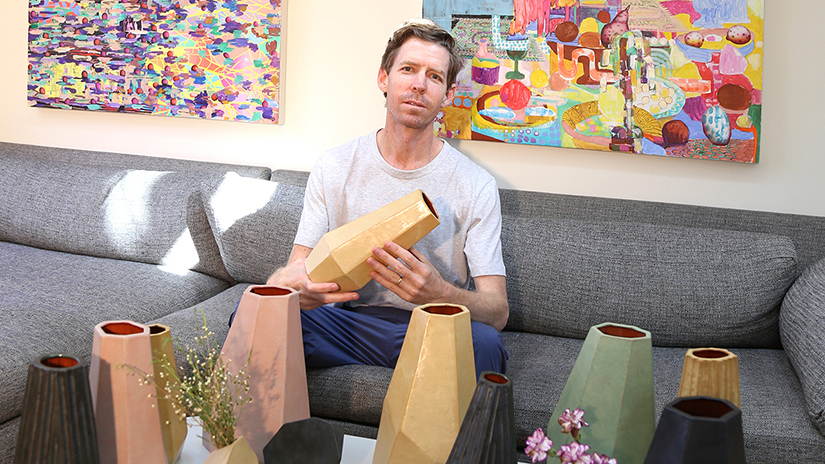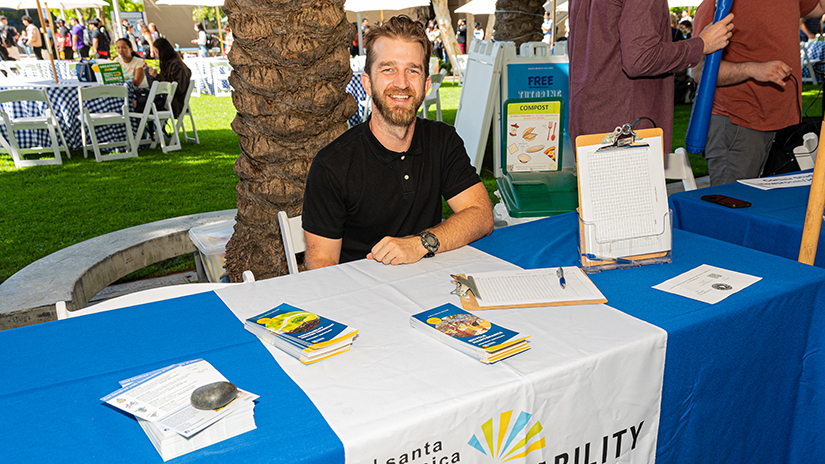
About seven years ago, media studies professor Sara Brewer put a green twist on her introductory course.
“Media 1: Survey of Mass Media Communications” gives a full overview of the discipline. But in Sara’s special climate change-themed section, “every lecture, every activity, every assignment has a sustainability component.”
When she covers desensitization theory, for example, she’ll ask students to reflect on how the ubiquity of catastrophic fires and floods in the news might have numbed their response to disaster-related images. Her unit on the documentary film medium highlights green movement blockbusters like Kiss the Ground and Cowspiracy.
And for extra credit, Sara encourages her students to sign up in Student Sustainability Workshops.
Offered through the nonprofit SustainableWorks, this unique, peer-to-peer experience delivers structured service-learning opportunities to small groups of students each semester.
The eight-week series integrates seamlessly with Sara’s climate change-themed Media 1 syllabus. “They fit perfectly,” she says.
Sara started using extra credit more than 10 years ago as a way to nudge students into greater environmental awareness, better personal practices and, in the best-case scenario, a new appetite for volunteerism and advocacy.
Media studies is Sara’s area of expertise, but she also sees herself as a committed climate activist.
“I definitely believe in practicing what I preach, and I try to incorporate sustainability in every part of my life,” she says. “I go to rallies. I don’t buy any animal products. I stopped eating meat about 25 years ago, and I just celebrated my 10-year vegan-versary. I shop at the farmer’s market and choose organics. I try to keep my carbon footprint down: I live close to work and walk as much as I can. I rarely fly, and though I own a car, I mostly use my little electric scooter.”
*
According to SustainableWorks program director Betsy Pajevski, nearly 10,000 students have gone through the eight-week Student Sustainability Workshop since 2010. At its height, the series drew 1,300 students a year. Participation has dipped since then, especially as Covid lockdowns upended campus life and induced Zoom fatigue. Funding has also diminished, reducing the number of workshops offered from a pre-pandemic 12 to 15 per semester to the current level of six, only one of which is fully in-person. The others meet virtually.
Faculty participation has also slipped from a pre-pandemic normal of 60 instructors down to around 40 in recent years.
SMC director of sustainability Ferris Kawar wants more professors to take advantage of “this great program.” Forty isn’t bad, he says, “but there are 1,400 professors all together at SMC. Imagine the impact if we could expand our reach!”
About a fifth of the students who go through the program express interest in returning as a peer leader. In fact, that’s how Betsy initially got involved. First she was a student seeking extra credit, then a peer leader. Last year, she came on board as a SustainableWorks part-time paid employee.
A former advertising professional and TV postproduction editor, Betsy had put her career on hiatus to stay home with her young son; for fun, she started taking sustainability classes at SMC.
“I’m one of these people who dives right in,” she says, “so I immersed myself in this world.” She earned her associate degree in environmental studies, along with SMC certificates in Recycling and Resource Management, Sustainability Assistant, Organic Aide, and Service Technician. Independently she’s completed Dr. Elaine’s Soil Food Web program and Michael Mann’s Climate Change course. She reads voraciously to stay abreast of new developments in water reclamation systems (“toilet to tap”), carbon capture, lithium mining, laws around toxic chemicals and more. She’s just finished a basic electrical engineering course on the U.S. energy grid system. With her background in advertising, Betsy has added new workshop elements on the psychology of shopping and some cognitive dynamics of fostering sustainable behaviors. She’s also a certified master composter and a TRUE (Total Resource Use and Efficiency) advisor through the U.S. Green Building Council.
*
Betsy is a role model to students like Adia Thomas.
A former massage therapist, Adia had enrolled at SMC looking for a career change after public health authorities shut down her industry during the pandemic. She signed up for the Student Sustainability Workshop series to earn extra credit in her Counseling 20 course.
“I was already gardening and composting, and it sounded interesting,” she recalls. The experience proved life changing. Adia is now an environmental and global studies major. She has completed the Sustainability Assistant certificate and earned credentials in zero waste and sustainability reporting through SMC. She recently became an accredited TRUE advisor.
This is Adia’s third semester as a SustainableWorks peer leader. She doesn’t need the extra credit anymore. An honors student, she’s current vice president of leadership for Phi Theta Kappa. Nor does she lead workshops for material gain. The position is unpaid.
“It just gives me so much joy,” she says,” to have these conversations with students and see them transition from the beginning of the workshop to the end.” Adia was delighted when two athletes put their heads together to solve their Gatorade dilemma. The challenge: How to avoid the waste of disposable plastic bottles and unnecessary packaging around individual drink portions? The solution: Buy jumbo tins of Gatorade powder mix and fill reusable bottles with water.
The Student Sustainability Workshops cover seven important environmental issues: water, energy, waste, shopping, chemicals, transportation and food. In eight 80-minute sessions, participants learn the facts about local, regional and global impacts and then brainstorm on ways they can incorporate green practices into their everyday lives. To receive the Student Sustainability certificate, they must complete three hours of community service with a local nonprofit or campus organization.
Each time Adia leads a Student Sustainability Workshop, her knowledgebase grows. “I feel like teaching just brings more mastery,” she says.
Betsy still sits in on every session—as she does with all the peer leaders—and chimes in as needed. But with a seasoned student lead like Adia, Betsy’s role is mostly quiet observer or helper. During a recent session on energy, Betsy prepared waffle fries for Adia’s students as a demo of induction cooktops.
Adia plans to transfer to a four-year college in fall 2025. She’s currently doing sustainability and impact work at a high-profile nonprofit. She hopes to earn a master’s in environmental studies and someday rise to the position of CSO, or chief sustainability officer, in an organization.
*
Betsy encourages past workshop participants to come back as peer leaders. There’s no downside. The workshops can be taken multiple times for extra credit, and teaching the program materials provides a deeper dive into sustainability issues. Training prep takes just five hours.
Becoming a peer leader can be a springboard for personal growth—“it’s almost like a mini-Toastmasters, because these students get eight experiences to step in front of their peers and communicate,” Betsy says.
“It’s also great way to build up their resumés,” Sara adds.
Both women cheerfully write glowing letters of recommendation for student leaders.
They also actively promote SustainableWorks program participation to SMC faculty. Betsy makes presentations at departmental meetings to spread the word about extra credit partnerships.
Based on Sara’s own experience, no academic subject is out-of-bounds. From theoretical physics to calculus, “these workshops will seamlessly go with any topic,” she says. “I encourage faculty in every discipline to reimagine their classes by adding a sustainability theme. I have been teaching Media 1 for 23 years. It was fun to add something new and do the research.”
Partnering with SustainableWorks, she notes, requires little faculty effort. “It’s super easy. Before the end of the semester, Betsy gives me a report certifying which students completed the workshops. I just plug in a 5-percent grade bump. It’s actually less work than my other extra credit.”
Sara also offers extra credit to her students who volunteer on a casual basis with Tree People and Heal the Bay, and in those cases she must independently track participation hours and calculate proportional grade bumps student by student.
But minor inconveniences are no excuse. The cause, Sara believes, is too urgent to tolerate roadblocks.
“If we’re not talking about climate change in every class, it’s a missed opportunity,” she says.
* * *



